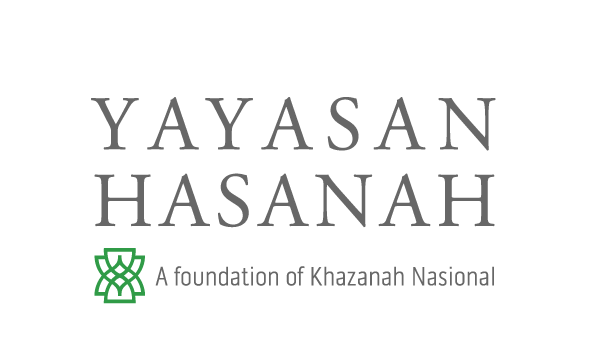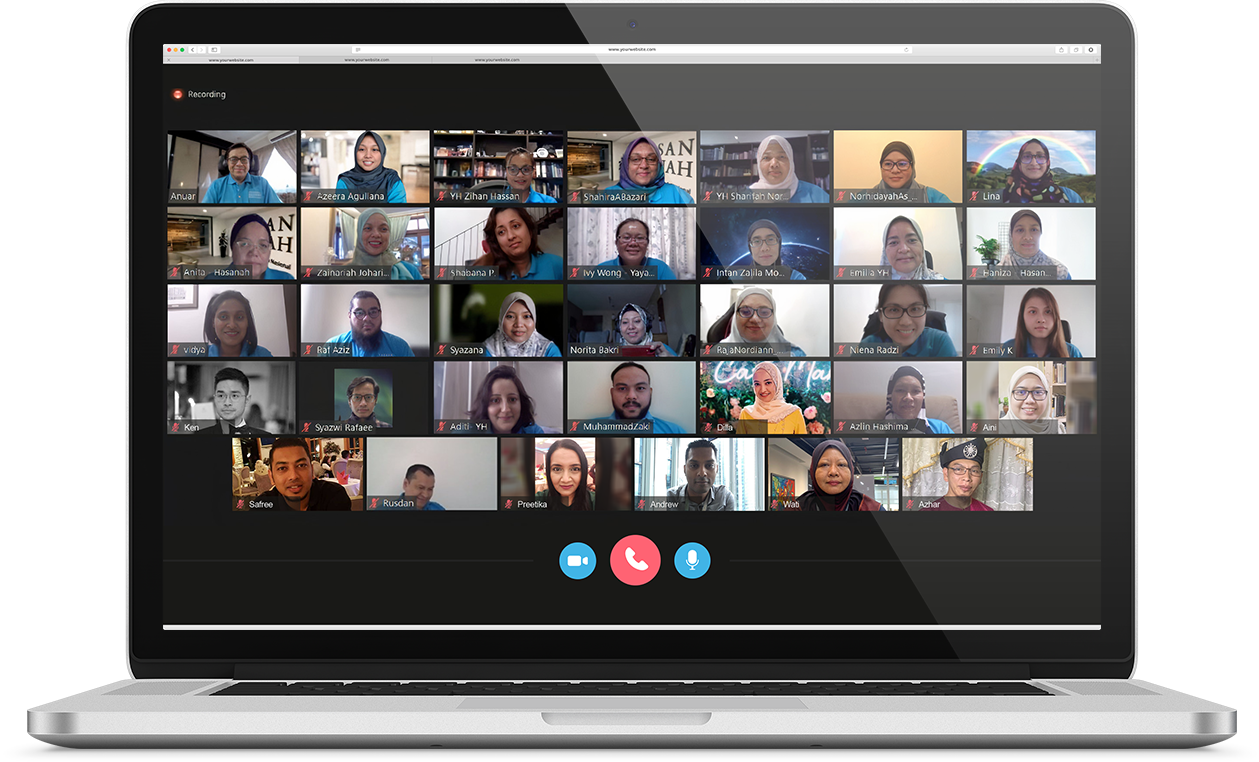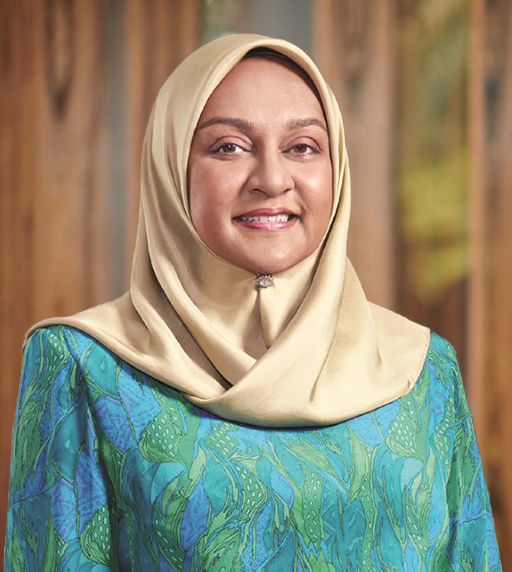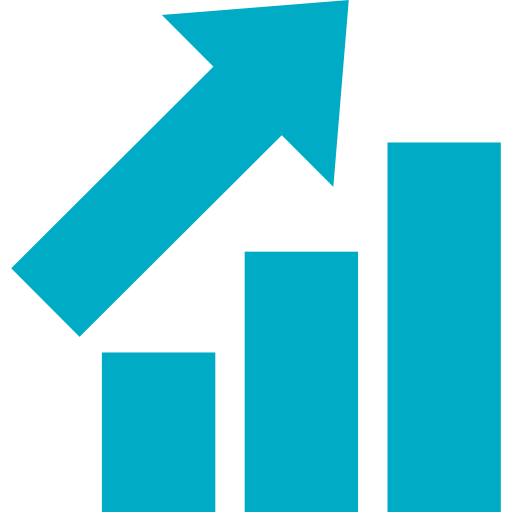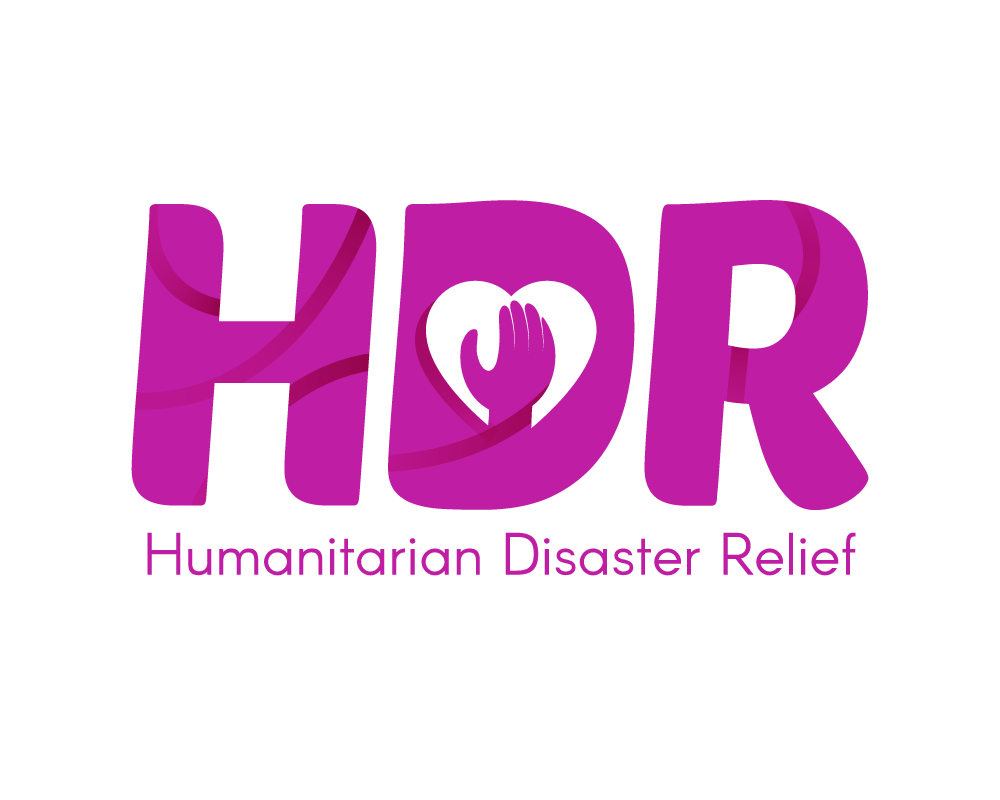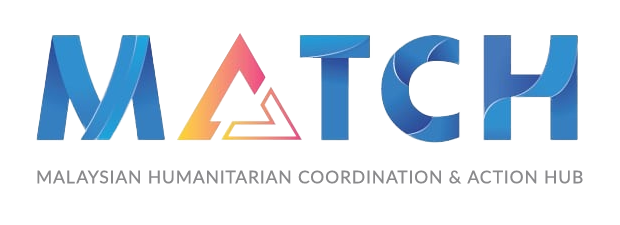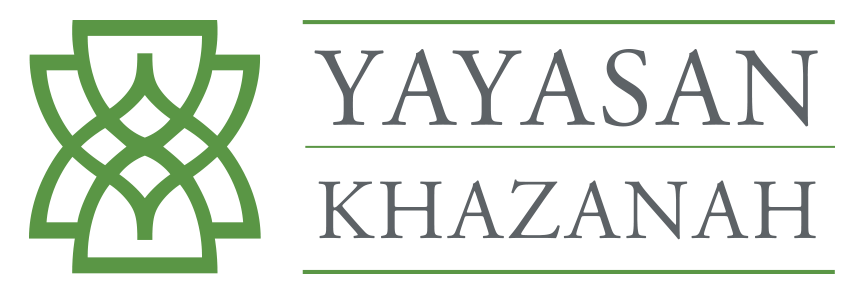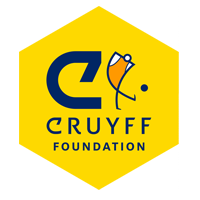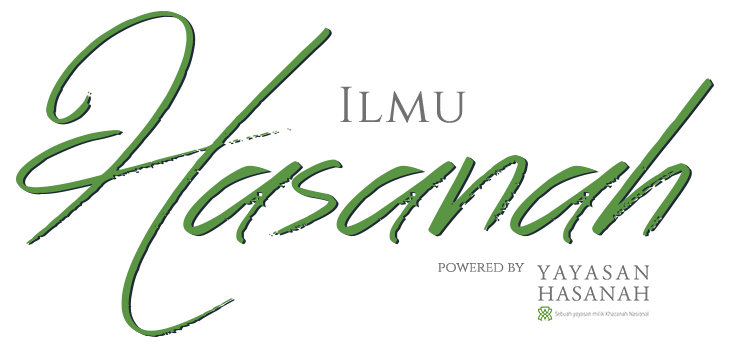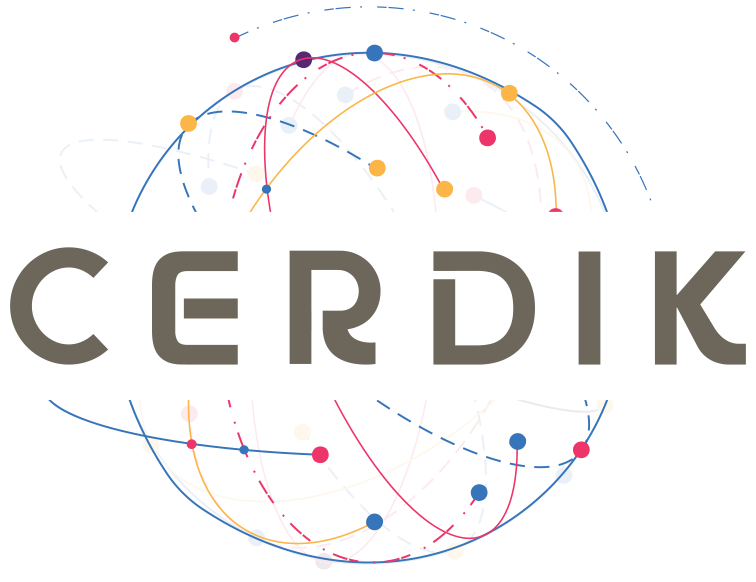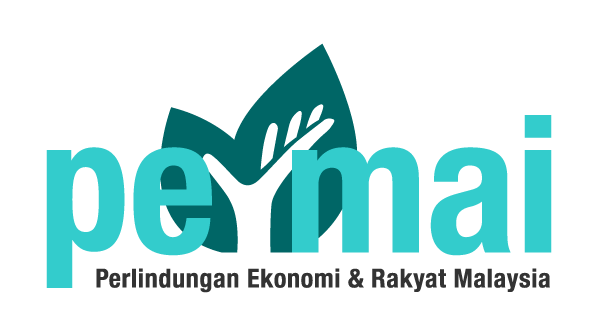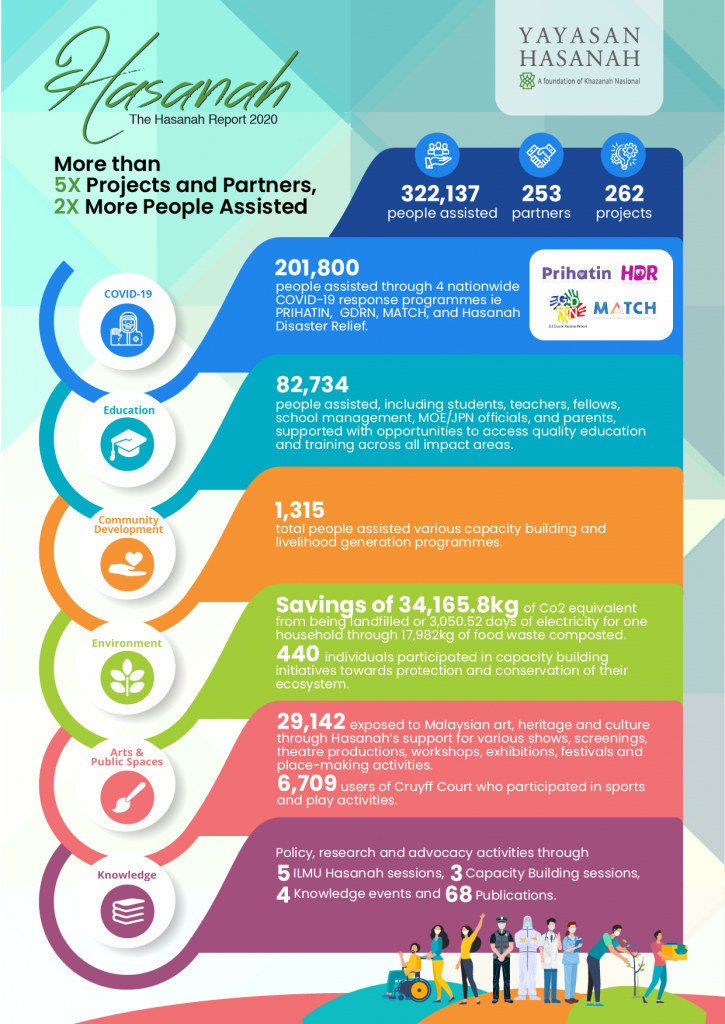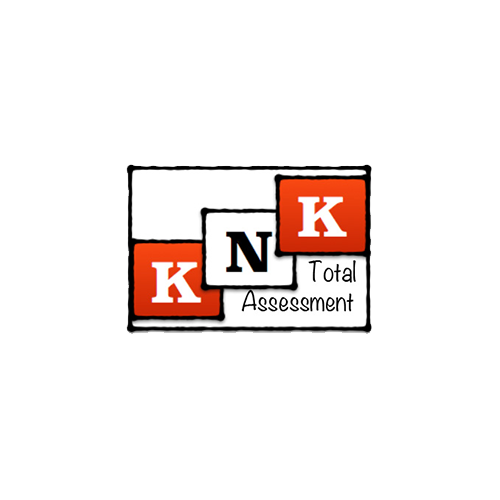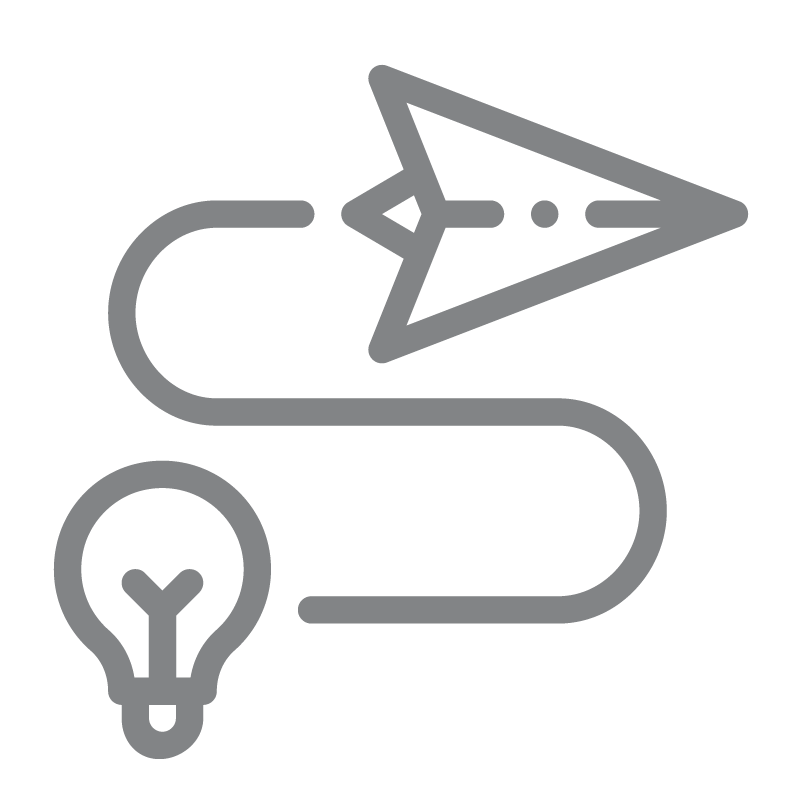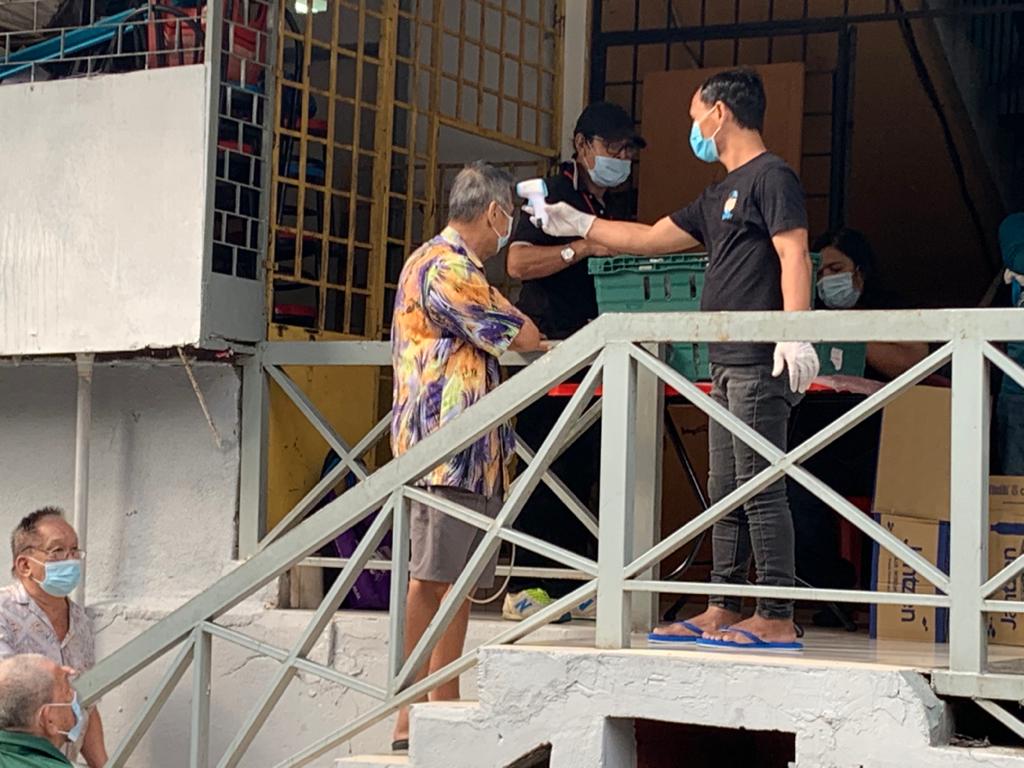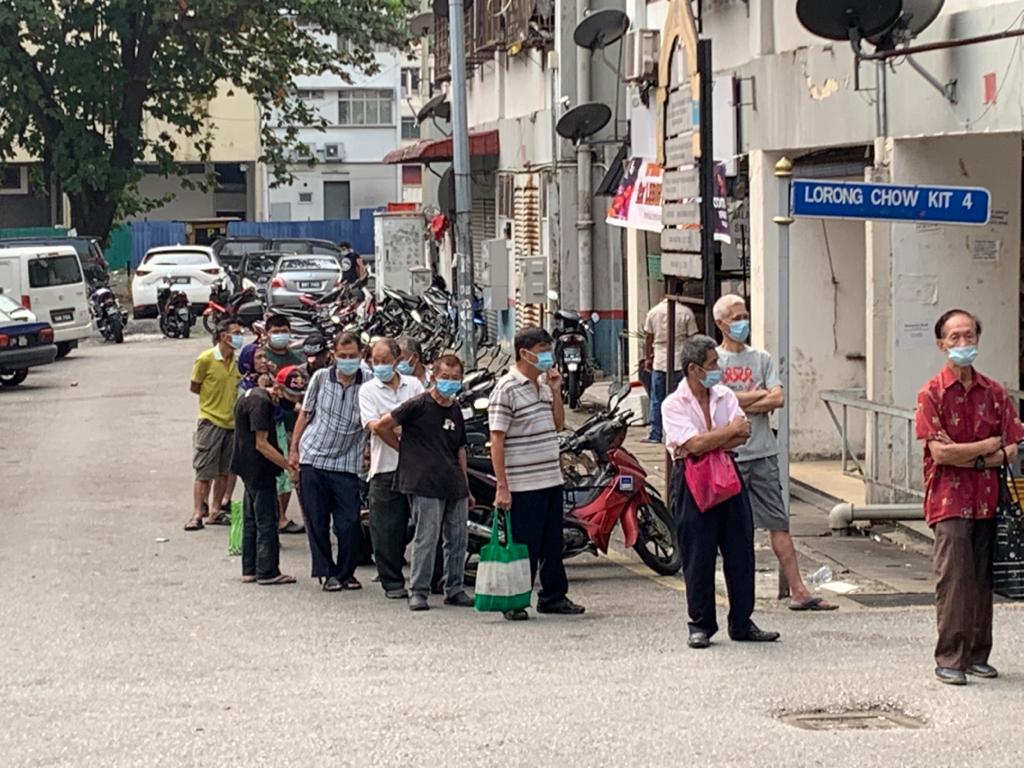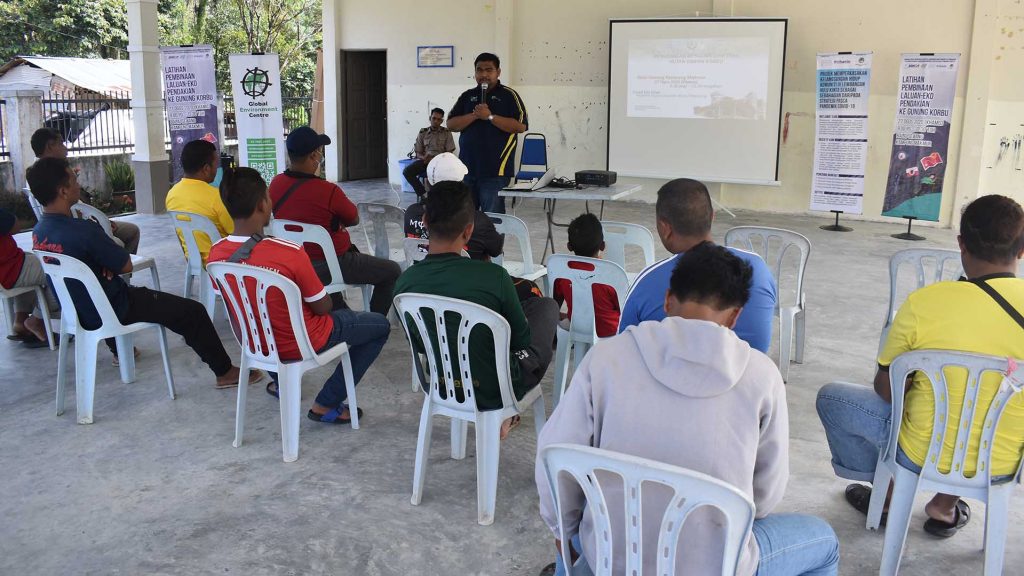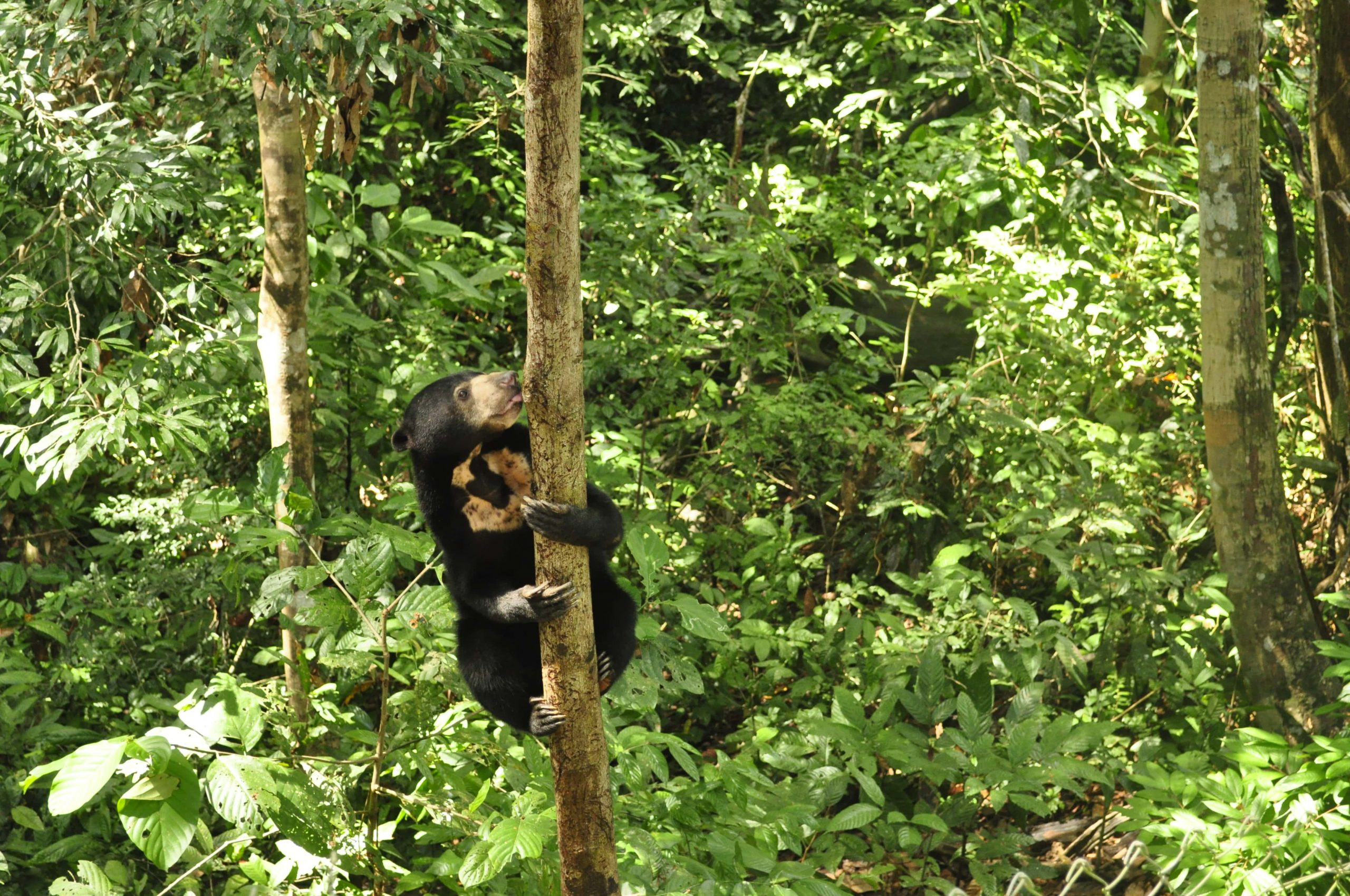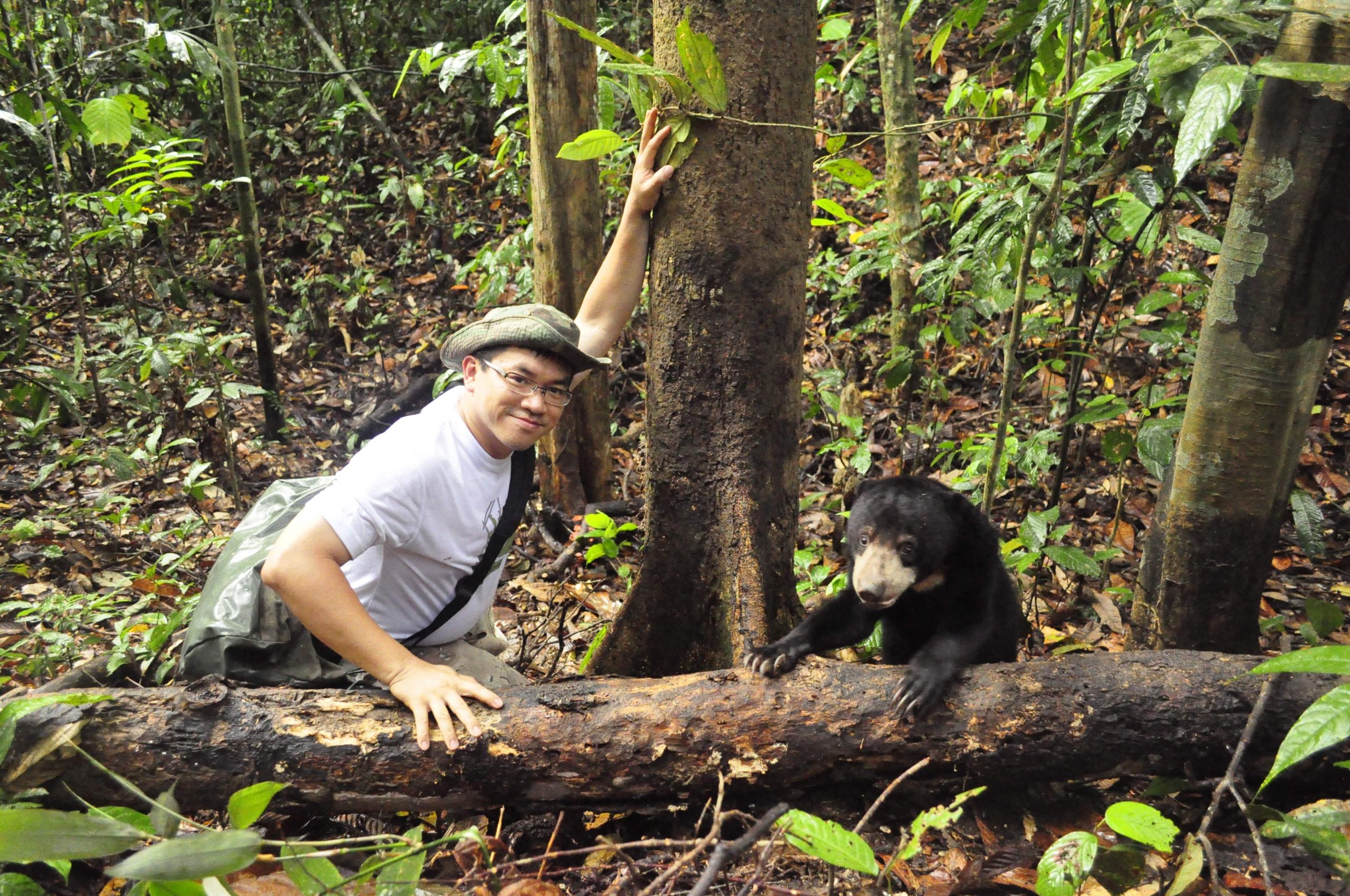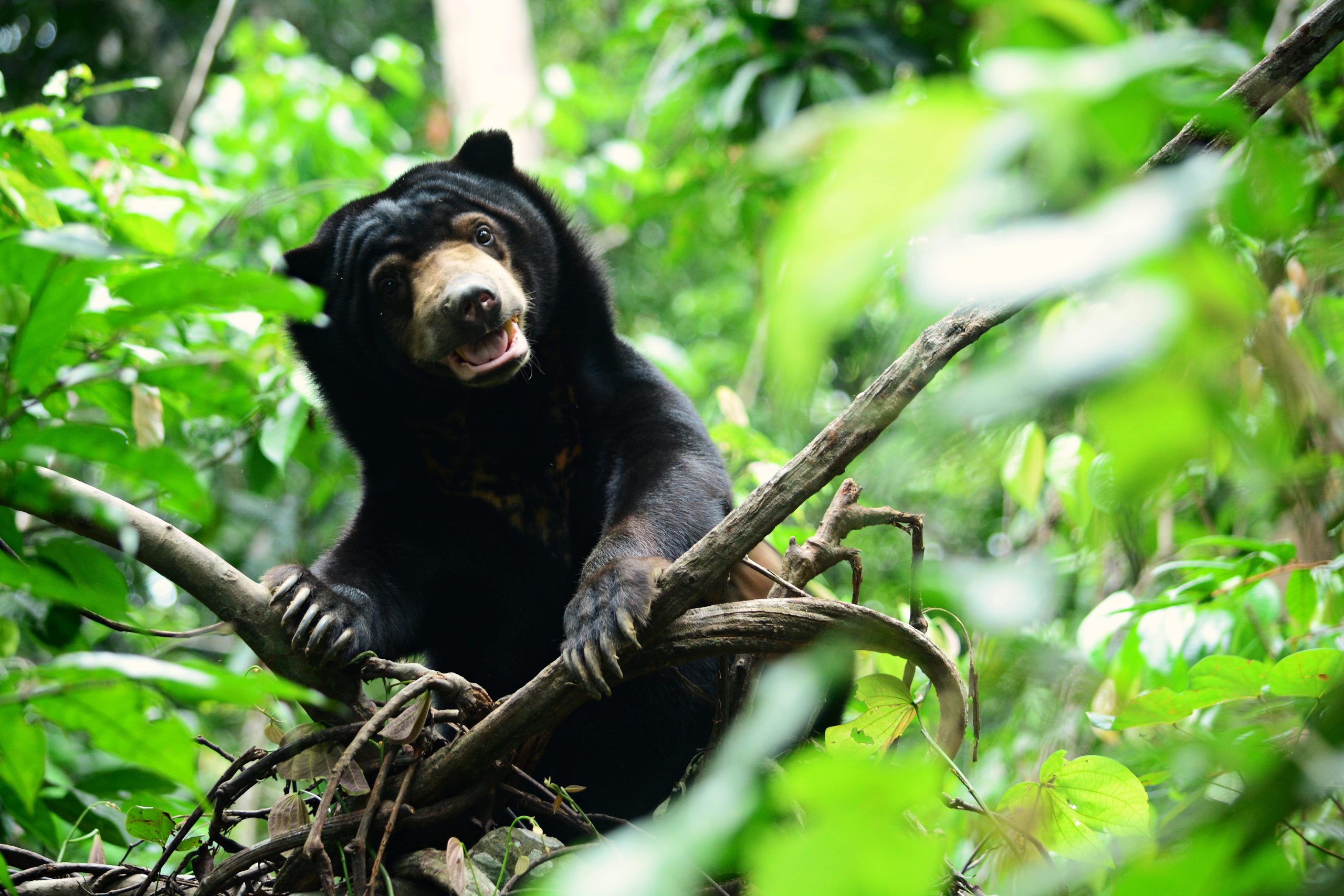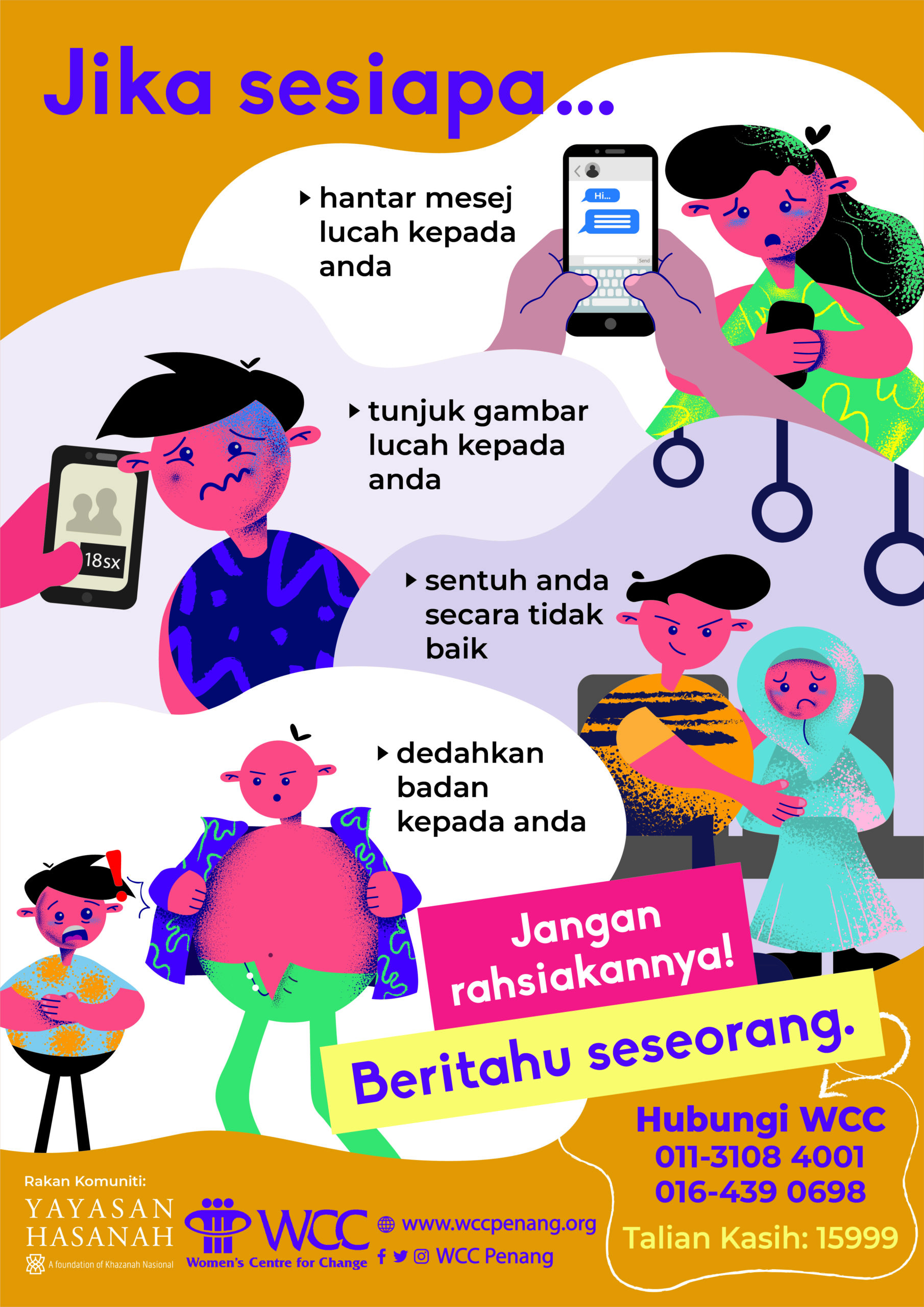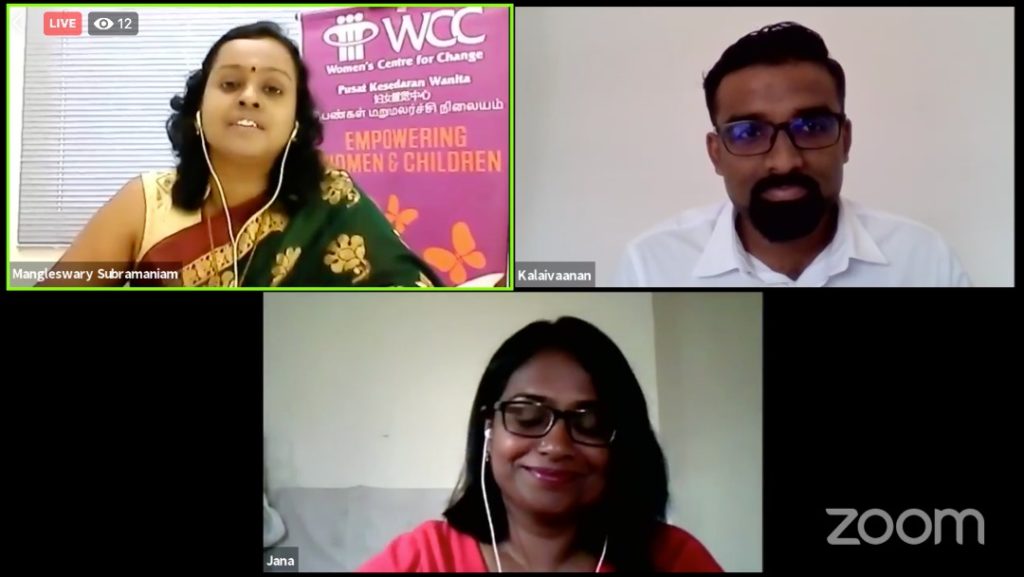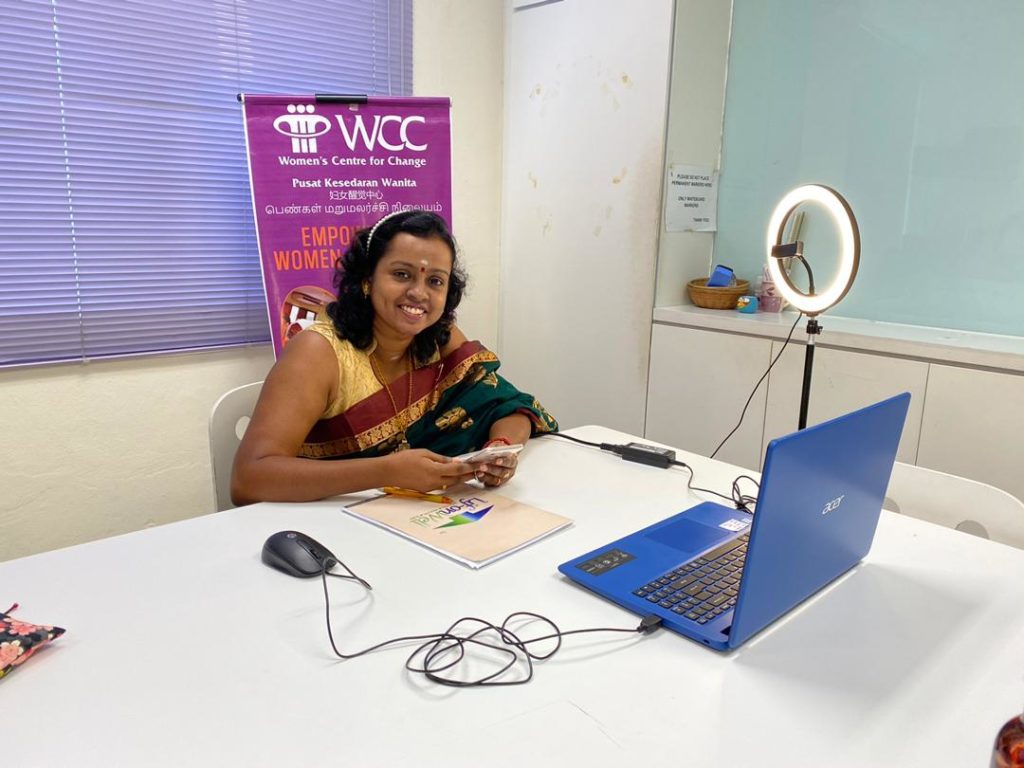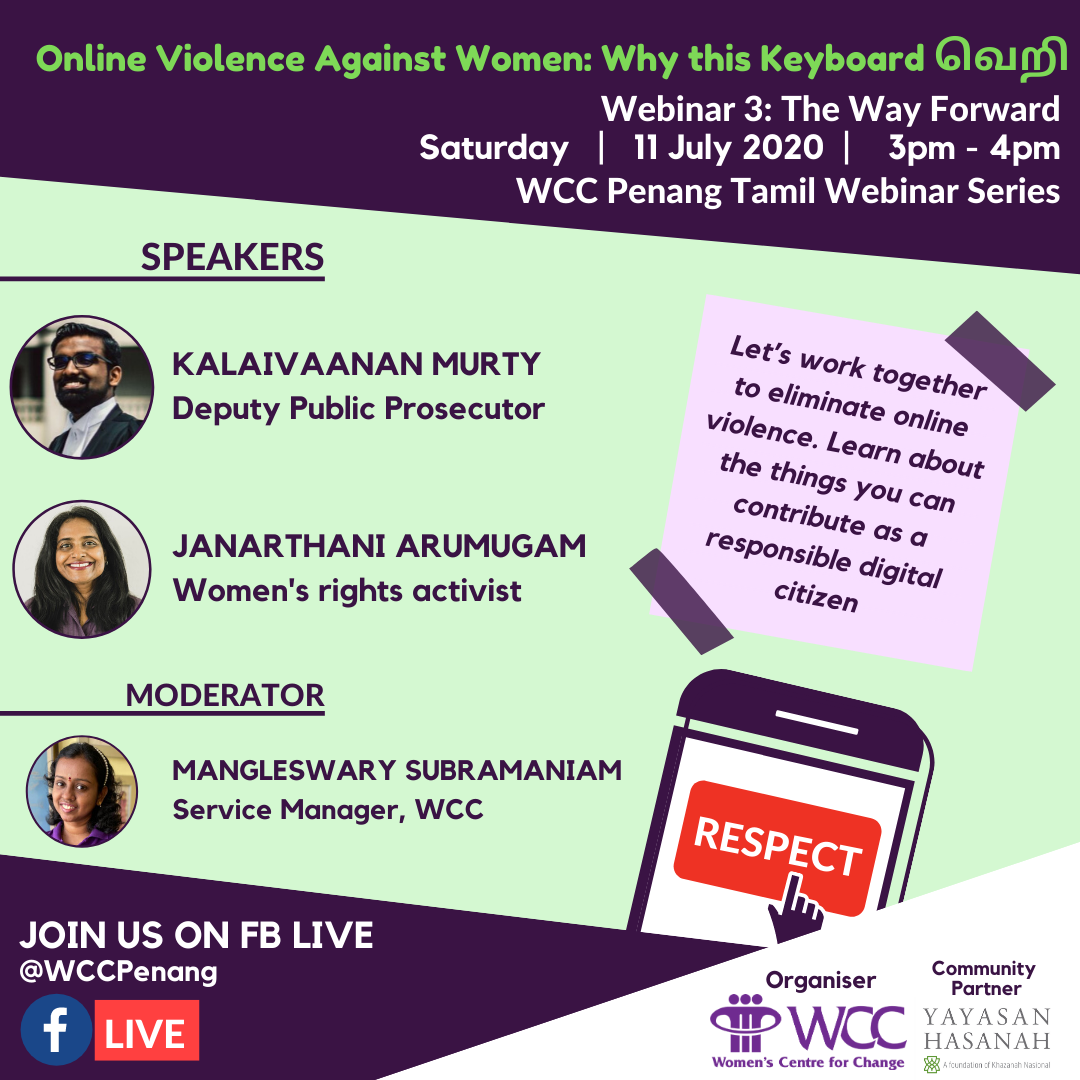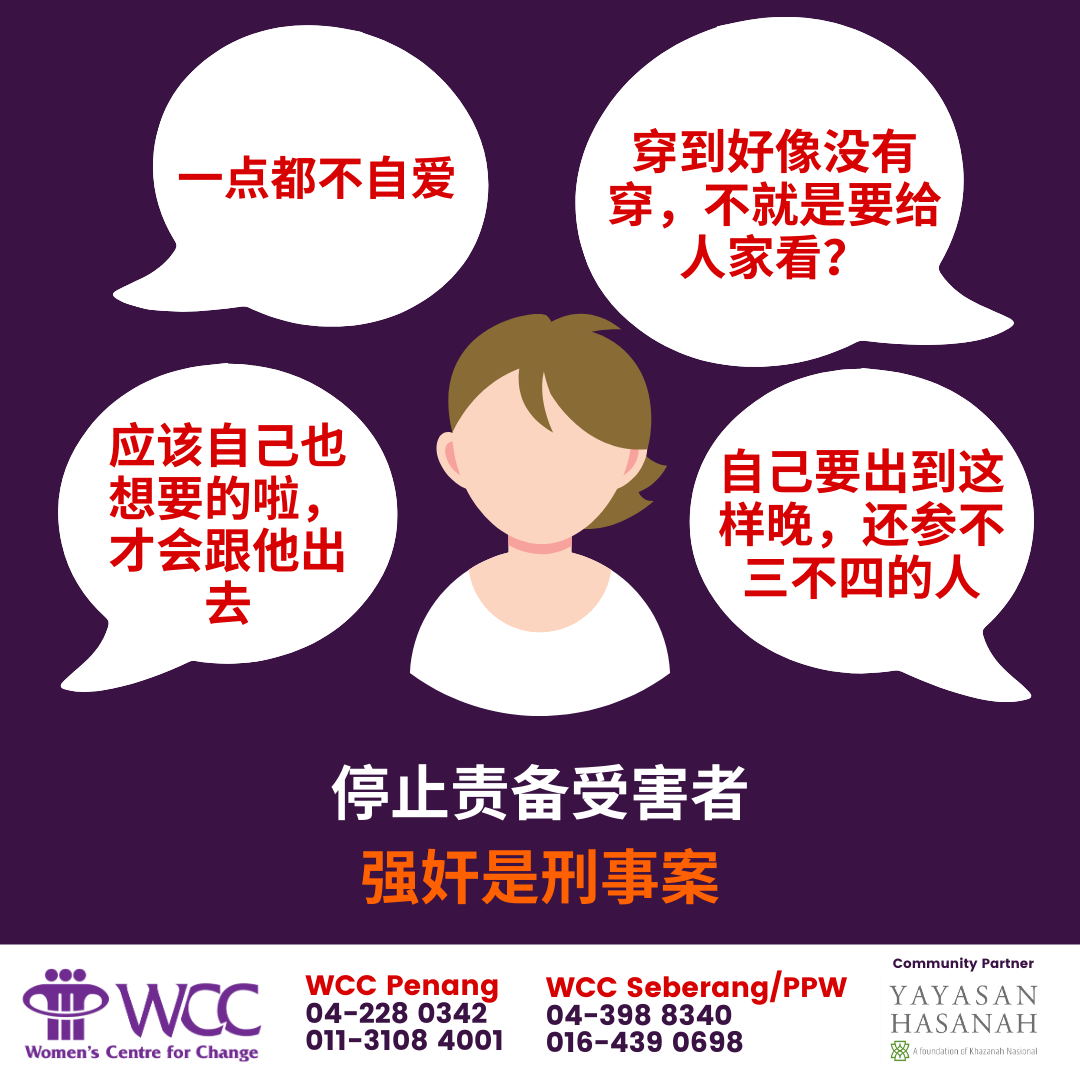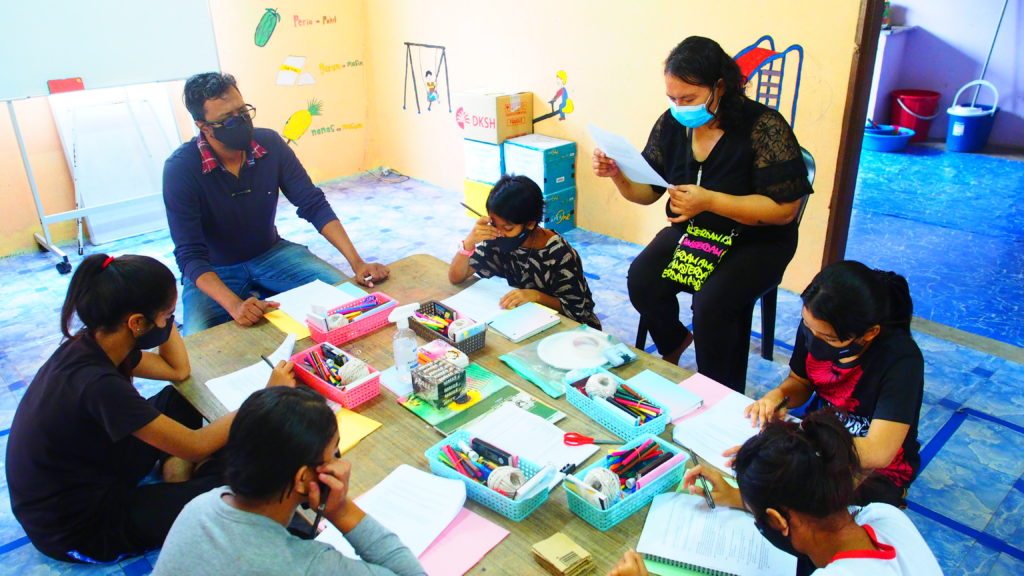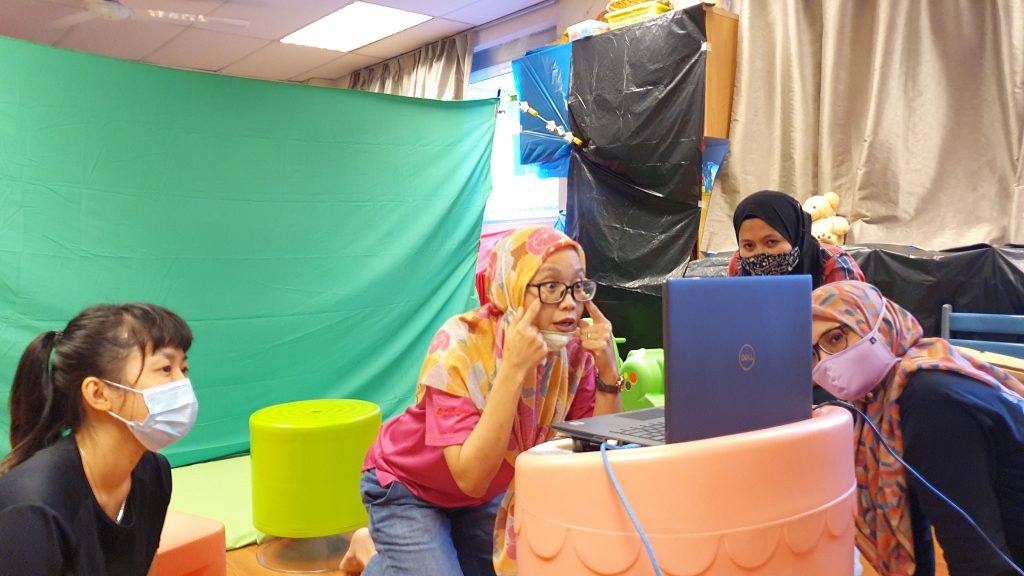YBhg. Tan Sri Md Nor Yusof
Chairman
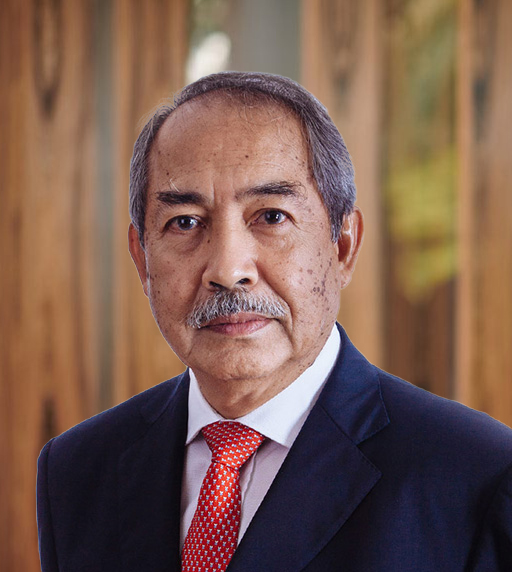
2020 was by no means an ordinary year. And, therefore, called for some extraordinary solutions.
For good reasons, ‘pivot’ and ‘resilience’ were commonly used expressions and it is no coincidence that these are the very qualities displayed by our partners who, despite having almost entirely revamped their plans, adapted and performed remarkably well.
Pivoting led to successful online adaptations of a plethora of programmes, including Ilmu Hasanah and our various education and community development solutions. That said, given the nature of our work, that intrinsic human touch cannot possibly be done away with altogether, and we are all eager to delve back into some form of normalcy once it is safe to do so.
Then there is resilience. Building resilience is familiar to us, having advocated it for the last half a decade through our Community-Based Approach initiatives. Juggling between pre-determined and ad-hoc pandemic-related projects were truly a sign of the times, but we took it all in stride.
Our mandate as an impact-driven grant-making foundation has always been our beacon, and fulfilling it efficiently and effectively, our mission. Ultimately, all efforts boil down to impact which can be measured in a few ways. One, through numbers and secondly, via the experiences and accounts of our partners and beneficiaries. You will find all these—and more—in the sections that follow.
All in all, 2020 presented many challenges but our relationships with civil society, governmental bodies and corporate Malaysia meant navigating unchartered territories together. Our response to the rise of infections in Sabah, the on-going CERDIK initiative and the coordination of The Government-Linked Companies and Government-Linked Investment Companies Disaster Response Network (GDRN) are testaments to relationships built on a strong foundation of common goals, which we take great pride in. I am grateful for all the support Yayasan Hasanah has received in the past five years and hope this continues in the years to come.
Now, it is said that ‘necessity is the mother invention’. I believe, above all else, 2020 has taught us that when push comes to shove, we innovate, we adapt, and we find a way — or better still, we pave one.
